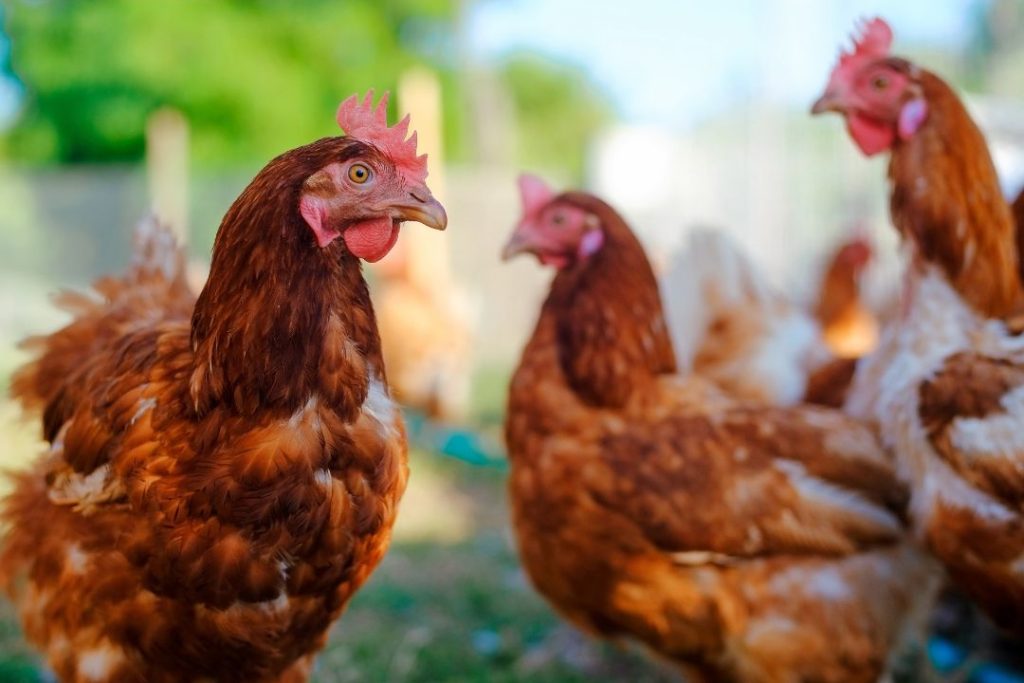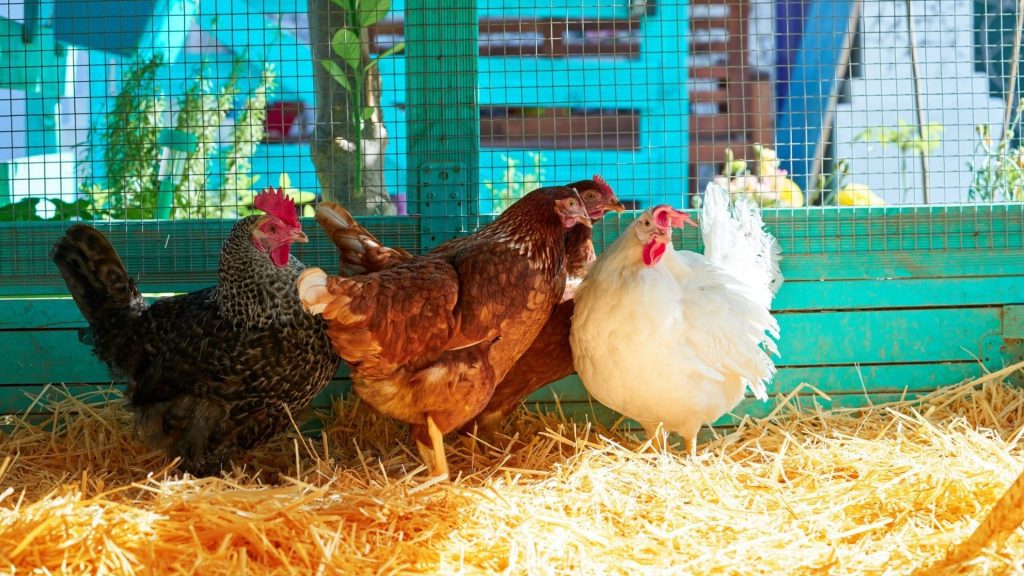“Can humans get gapeworm from chickens?” This question has likely crossed the minds of many poultry keepers and bird enthusiasts.
The good news is the answer to your question is a resounding no. So you don’t need to worry and can breathe in relief. You, as a human, cannot get gapeworm from your chickens.
After conducting in-depth research, we have prepared a comprehensive answer. This article delves into the nature of gapeworms, their life cycle, and the possibility of cross-species transmission. So, lets start:
Gapeworms: A Brief Overview
Gapeworms, known scientifically as Syngamus trachea, are parasitic nematodes that primarily infect birds, particularly poultry. They inhabit the trachea and lungs, causing a condition known as ‘gapes,’ characterized by the bird’s gaping mouth and labored breathing.
The life cycle of gapeworms begins when they lay eggs in the host bird’s trachea. These eggs are expelled through coughing, swallowed, and passed out in the bird’s faeces. Other birds can then ingest these eggs, continuing the cycle.
Can Humans Get Gapeworm From Chickens?
Whether these parasites can spread to humans is the main worry for many. Thankfully, the answer is no. Gapeworms are host-specific, which means they have evolved to exist in just particular animals, in this case, birds. They cannot survive in the human body.
“Can I get gapeworm from chickens?” It’s a legitimate worry, especially if you work with chickens frequently, are an avid bird watcher, or have hens as a pet.
Gapeworms are what scientists call ‘host-specific.’ This means that these parasites have evolved and adapted to survive and reproduce in specific hosts—in this case, birds. They’ve tailored their entire life cycle to the unique environment of a bird’s respiratory system, where they reside and lay their eggs.
So, gapeworms are like a fish out of water in the human body. They simply cannot survive in our bodies. The environment is too different from a bird’s respiratory system and cannot complete its life cycle.
Therefore, you don’t have to worry about contracting gapeworms even if you’re in close contact with chickens. These parasites cannot cross the species barrier to infect humans. So, you can continue caring for your feathered friends without this particular worry.
Why Humans Are Not at Risk?
You might be curious about why you, as a human, are not at risk of contracting tapeworms from chickens. The reasons are rooted in the biology and life cycle of the gapeworms themselves. Let’s know why humans aren’t at risk.
Firstly, the life cycle of gapeworms is intricately tied to the respiratory system of birds. These parasites have evolved to thrive in the specific conditions within a bird’s trachea and lungs. This environment is vastly different from the human respiratory system.
Your chicken’s respiratory system’s temperature, humidity, and cellular structure allow gapeworms to survive and reproduce. In contrast, the human respiratory system does not offer these conditions, making it inhospitable for gapeworms.
Secondly, the eggs of tapeworms are not immediately infective when first passed out in the bird’s faeces. They require a development period outside the host, during which they mature into a stage that can infect a new host.
This development usually happens in the soil or intermediate hosts like earthworms or snails, which chickens eat. In a human environment, this cycle is unlikely to occur. Humans do not typically ingest soil or these intermediate hosts.
Even if accidental ingestion occurs, the human body is not a suitable environment for the eggs to mature and hatch.
So, rest assured; you are not at risk of contracting tapeworms from chickens. The specific requirements of the gapeworm’s life cycle and the differences between human and bird respiratory systems provide a protective barrier against this infection.
Symptoms of Gapeworm in Chickens
While humans are safe, it’s crucial to recognize the signs of a gapeworm infection in chickens. These include:
- Difficulty breathing
- Stretching of the neck and gasping for air
- Reduced appetite and weight loss
- Wheezing or coughing
Detecting tapeworms in chickens is typically made through observation of symptoms and confirmation through a post-mortem examination. Sometimes, a vet may use an endoscope to visualize the worms in the trachea.
However, maintain good hygiene in the chicken coop to prevent gapeworm infection and avoid overcrowding. Regular worming of chickens can also help.
Several medications are effective against tapeworms, including Fenbendazole and Levamisole. Always consult with a vet before administering any medication.
End Note
While the question, “Can humans get gapeworm from chickens?” can cause concern, rest assured that humans are not at risk. However, it’s crucial to maintain good hygiene practices. Also, regularly monitor your chickens for infection signs to ensure their health and well-being.



